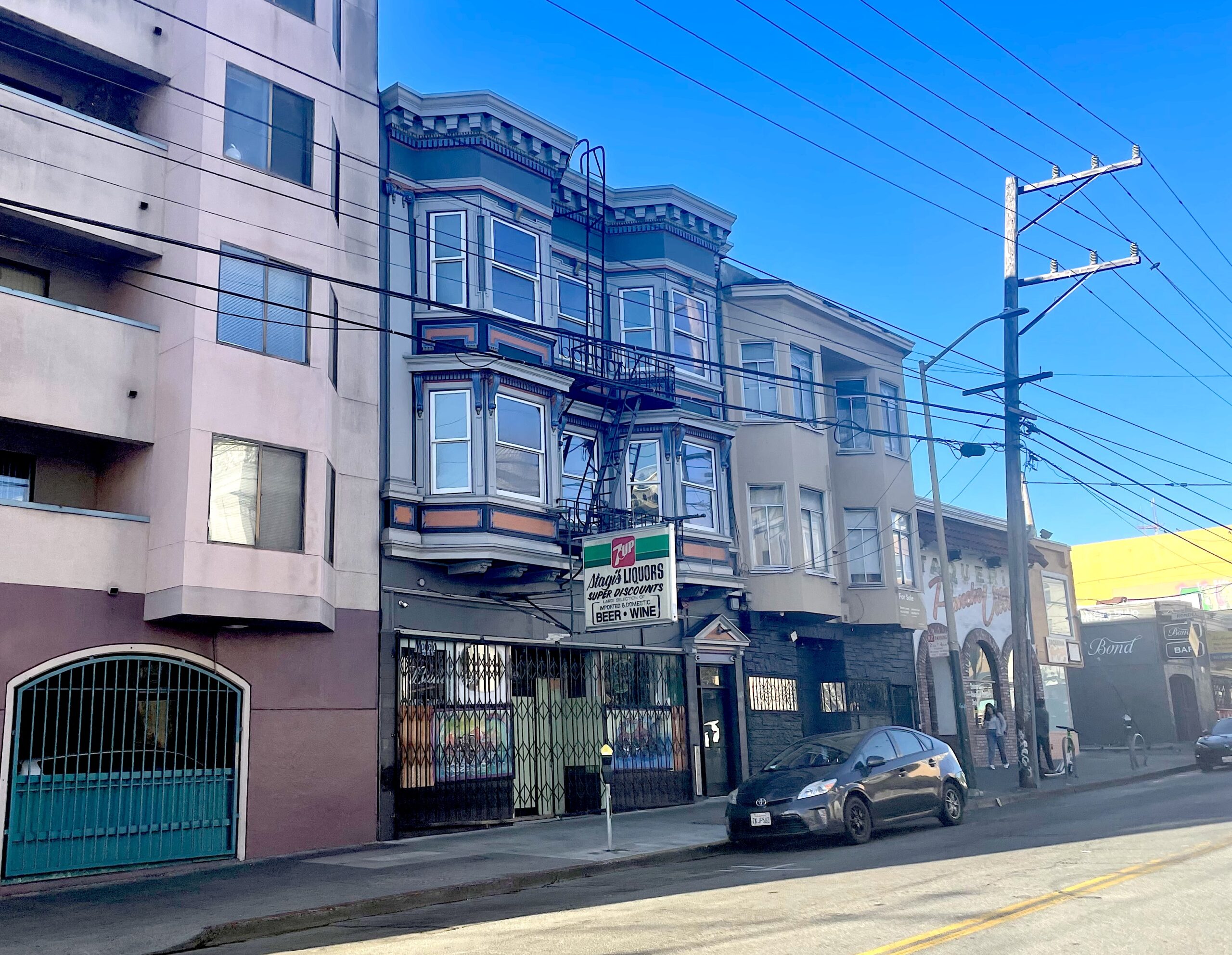A Board of Supervisors committee approved the acquisition of two properties for supportive housing, the latest in a string of proposed deals backed by state funds earmarked for homelessness.
At a meeting on Wednesday, the Board of Supervisors budget committee unanimously approved the purchases of two sites: The Mission Inn at 5630-5638 Mission Street in the Outer Mission, and Eula Hotel at 3061 16th Street in the Mission District, both of which would be rehabbed as housing for homeless individuals.
If approved by the full Board of Supervisors, the sites would be added to the city’s growing portfolio of permanent supportive housing, or entry-level housing paired with social services. The city is eyeing two other sites for acquisition, in Japantown and South of Market, but received blowback from nearby residents who questioned the viability or efficacy of those plans.
The acquisitions will be financed in part through Project Homekey, a multibillion-dollar state initiative to acquire underused hotels to house the growing homeless population in the state. California lawmakers allocated $2.75 billion to the program over the next two years, and counties can apply for grant funding for specific site acquisitions. San Francisco acquired two hotels in the Tenderloin area, Granada Inn and Hotel Diva, using Project Homekey funds last year.
“It is a unique opportunity funding-wise because we have Homekey dollars, which are from the state and the federal government, that come together to create a really strong package. And we also have an unprecedented amount of local funding to use as a match,” said Shireen McSpadden, director of the Department of Homelessness and Supportive Housing (HSH), on Wednesday.
In January 2021, HSH issued a request for information that asked property owners interested in either selling or leasing their buildings to file details with the city. Dan Adams, a senior housing advisor at the Mayor’s Office, said that the city identified roughly 30 “motivated sellers” among those who submitted information.
“Some owners have been explicit about preferring or only considering a long-term lease agreement…and then some property owners are willing to sell if the city is willing to write an enormous check,” said Adams.
The city negotiated a sale price of $17.3 million for the site at 5630-5638 Mission Street, a 52-unit building. Budget analysts estimated an additional $6 million in improvement costs, as well as annual operating costs of about $1 million to maintain the site. The smaller, 16th Street site is priced at $5.7 million for 25 housing units intended for “transitional-aged” individuals between the ages of 18 and 24. That purchase would require an additional $1.5 million in rehabilitation costs, and about half a million in annual expenses. Both sites would also include on-site social services from third parties to be selected by HSH. Once acquisitions are approved, the department plans to solicit requests for organizations seeking to provide those services on site.
On Wednesday, supervisors praised the acquisition plans as a more cost-effective way to house people than building new affordable housing. Further site acquisitions may not come without opposition, however.
“[This] allows us to move forward a program to deal with this crisis in parts of San Francisco that have not been part of the solution to date,” said Supervisor Ahsha Safai, echoing a desire by housing policymakers to establish supportive housing sites in many different parts of San Francisco. The bulk of the city’s supportive housing sites are clustered in and around downtown, South of Market and in parts of the Mission.
At a recent meeting regarding a proposed acquisition in South of Market, a number of residents voiced skepticism towards the city’s track record on homelessness, and said that the neighborhood already bears the brunt of the city’s lack of success in solving the issue.
Likewise, a group of residents in Japantown protested the acquisition of a Sutter Street hotel for permanent supportive housing. According to those critics, the acquisition could further exacerbate a sharp drop in tourism revenue in Japantown. In response, the Mayor’s Office plans to allow more time for neighborhood input.
